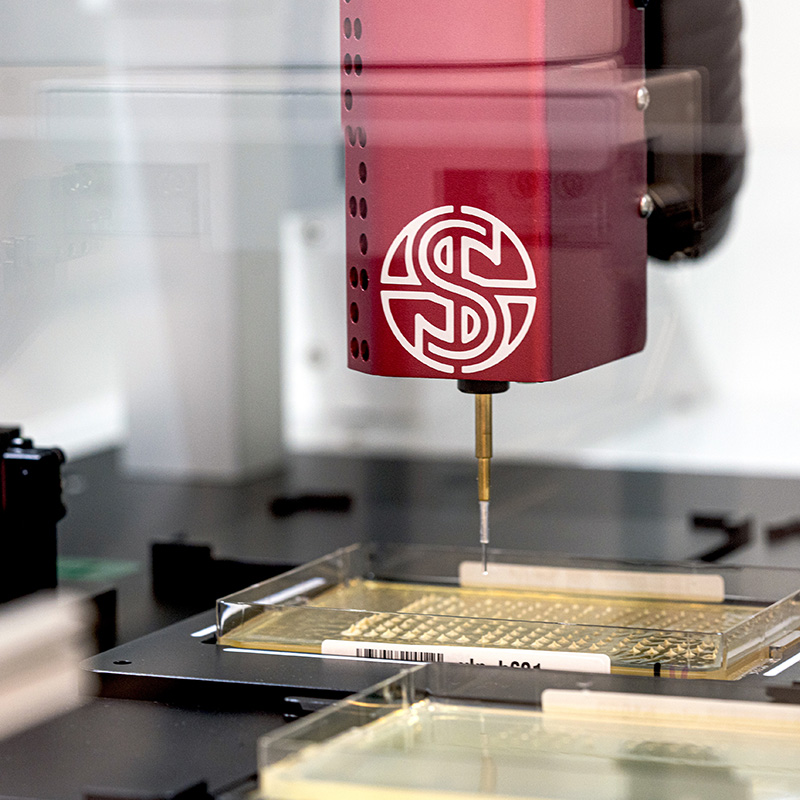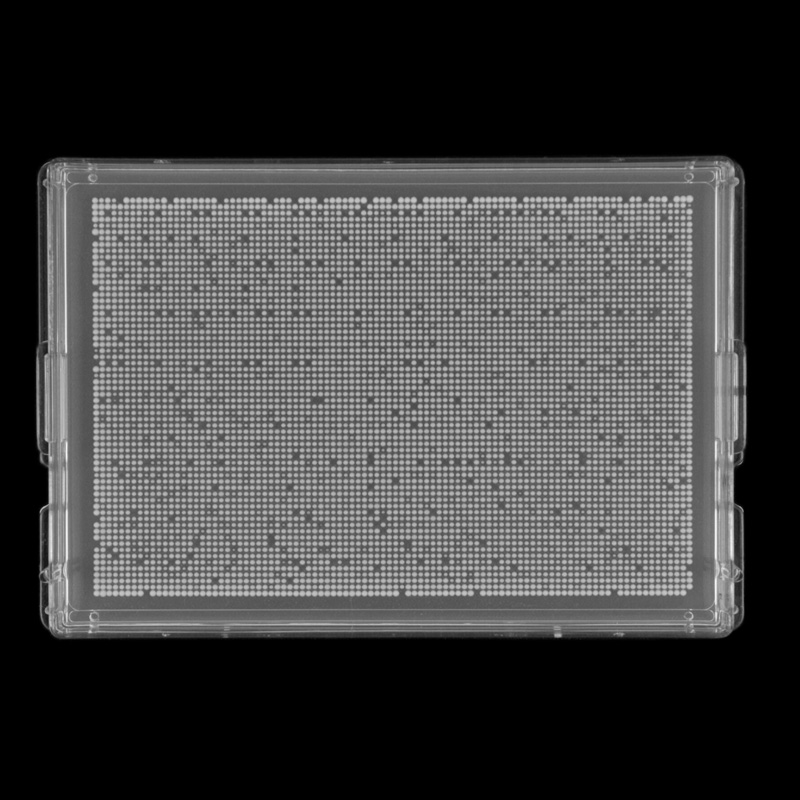Academic Partnership Programme
Accelerate Your Research with Exclusive Academic Support from Singer Instruments
Academia and fundamental research are at the heart of Singer Instruments. Our mission is to support the microbial research community by providing innovative automation solutions that advance scientific discovery. As part of this commitment, we offer our Academic Partnership Programme—an initiative designed to empower researchers through exclusive academic discounts, collaboration opportunities, and early access to cutting-edge technology.
Why Join the Academic Partnership Programme?
✅ Exclusive Academic Discounts – Receive the best pricing on Singer Instruments’ products to enhance your research capabilities.
✅ Collaborative Research Opportunities – Work alongside our R&D team to validate workflows, develop new applications, and test our technology on novel organisms.
✅ Early Access to Innovation – Be among the first to explore new technologies and contribute to their refinement.
✅ Publication & Visibility – Co-author papers, case studies, and posters to showcase your research and innovation.
Who Can Apply?
🔬 Researchers in academic biological laboratories working on microbial research or related fields.
🔬 Scientists interested in validating new workflows, applications, or organisms using automation.
🔬 Academics who want to collaborate with Singer Instruments to push the boundaries of lab automation.
How Can You Collaborate With Us?
💡 Develop a Novel Application – Work with our team to explore how our technology can advance your field.
🧪 Validate a New Workflow – Help us refine automation protocols and ensure robustness across different lab setups.
🦠 Expand Research to New Organisms – Test our technology with non-model microbes and contribute to broadening its impact.
Past Collaborations & Success Stories
Many leading researchers have partnered with Singer Instruments through this programme to drive groundbreaking research. Here are just a few examples:
Professor Matthew Chang, Department of Biochemistry, National University of Singapore.
Professor Chang collaborated with Singer Instruments to address the challenges associated with the speed, sterility and repeatability of picking microbial colonies. Together we developed PIXL.


Professor Charles Boone, Department of Molecular Genetics, University of Toronto.
Professor Boone first developed a super-sterile, high-throughput approach to studying genetic interactions. He collaborated with Singer Instruments to develop and commercialise ROTOR to address the challenges of performing large-scale SGA screens.


Get involved today
Whether you have an idea for a new application, need automation support for a novel workflow, or want to test Singer Instruments’ technology with your research organism, we’re here to collaborate.